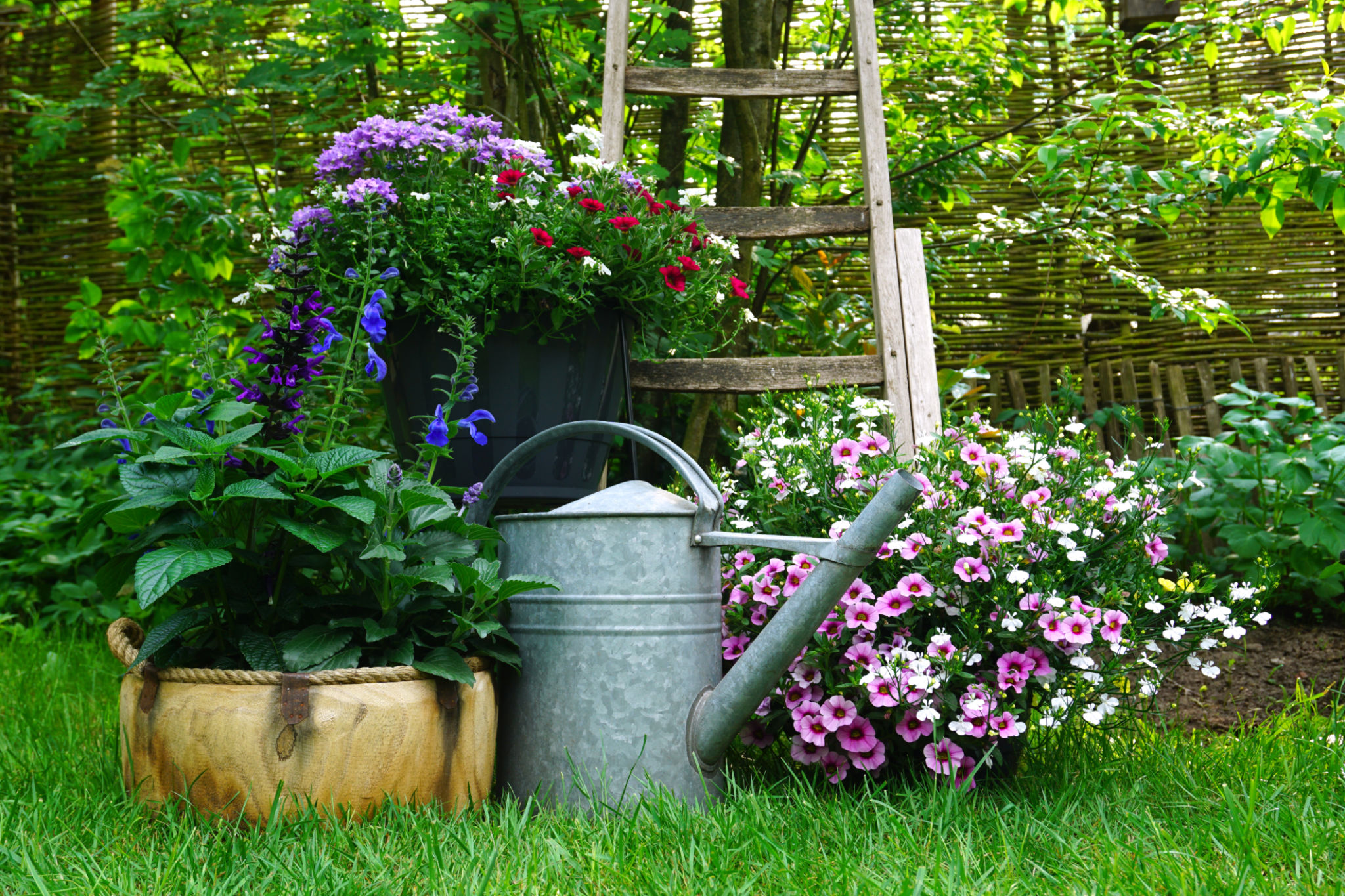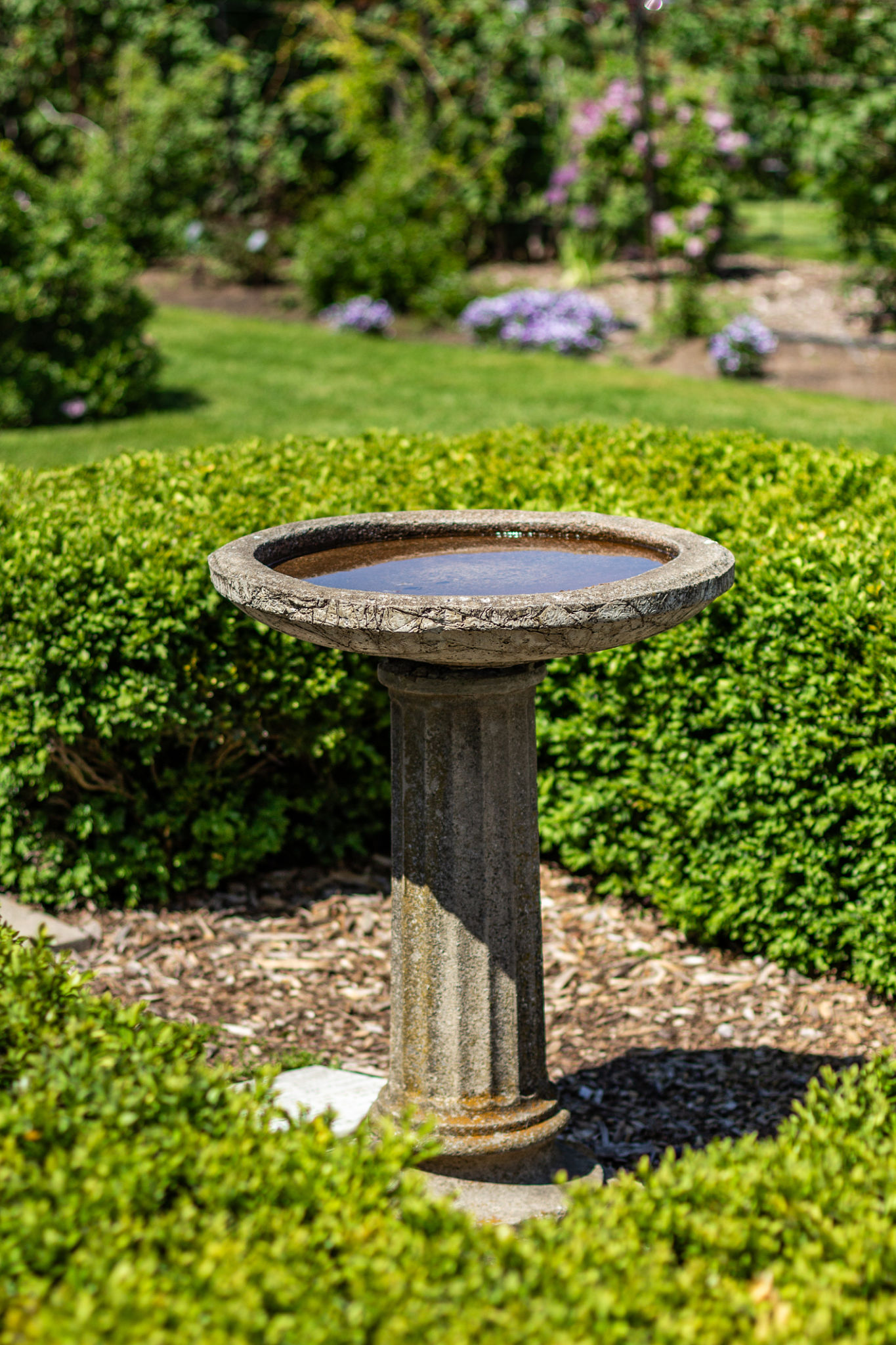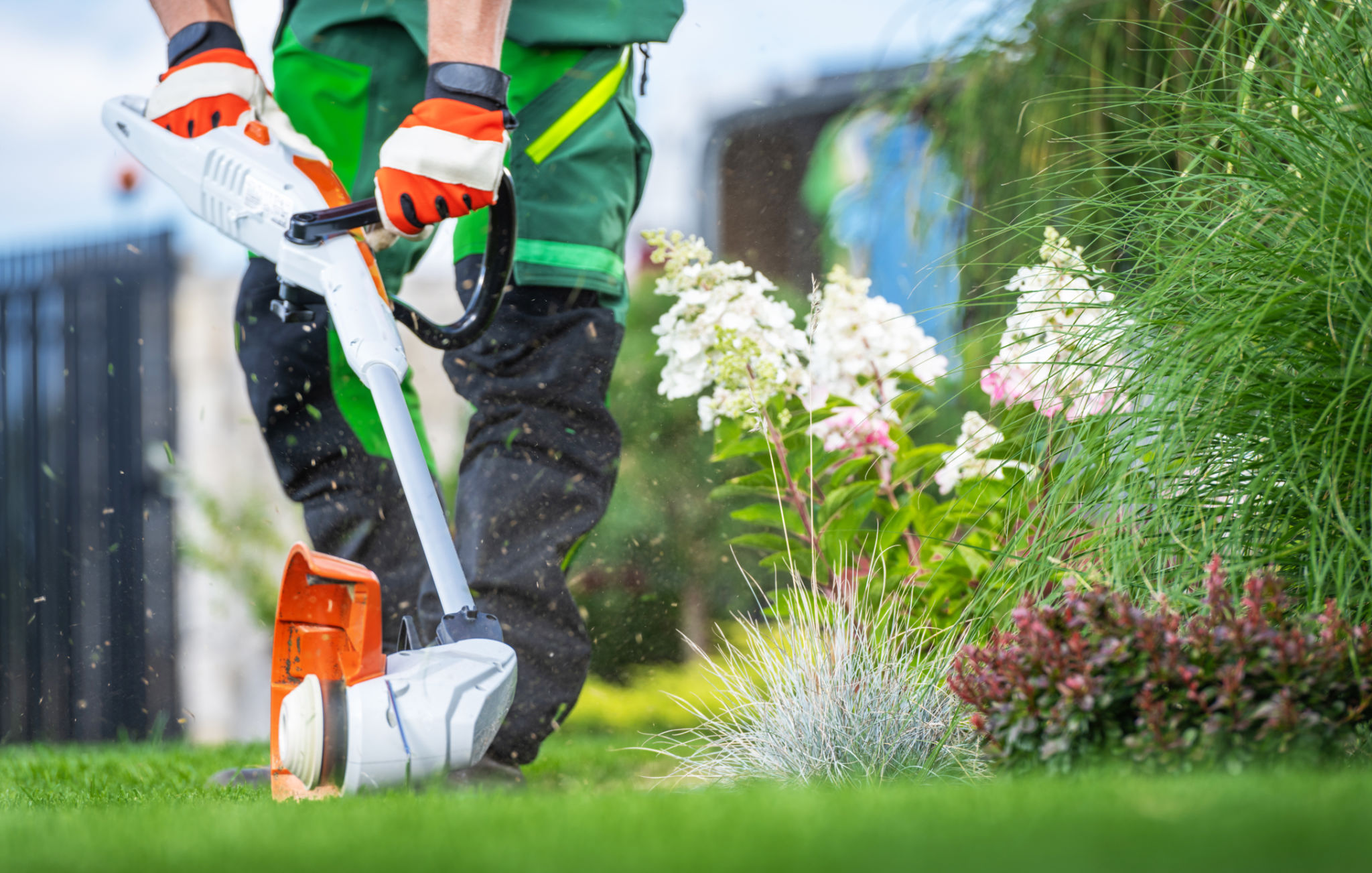DIY Guide: Creating a Thriving Summer Garden with Organic Nutrient Boosters
Planning Your Summer Garden
Creating a thriving summer garden begins with careful planning. The key to success lies in selecting the right plants that will flourish in your specific climate and soil conditions. Consider factors like sunlight, water availability, and the types of plants you wish to grow. Research different plant varieties and make a list of those that are best suited for summer growth.

Preparing Your Soil
The foundation of any successful garden is rich, healthy soil. Before planting, it's crucial to prepare your soil by removing weeds, rocks, and any debris. Consider conducting a soil test to determine its pH level and nutrient content. This information will guide you in making necessary adjustments to create an ideal growing environment.
Once you know your soil's composition, you can enrich it with organic nutrient boosters. Compost, well-rotted manure, and natural fertilizers are excellent choices. These organic amendments improve soil structure, promote microbial activity, and provide essential nutrients that plants need to thrive.
Selecting Organic Nutrient Boosters
Organic nutrient boosters are vital for maintaining healthy plants throughout the growing season. They release nutrients slowly, ensuring a steady supply of nourishment. Here are some popular options:
- Compost: A rich blend of decomposed organic matter that enhances soil fertility.
- Seaweed Extract: Provides trace minerals and stimulates plant growth.
- Bone Meal: A great source of phosphorus for root development.
- Fish Emulsion: Packed with nitrogen, promoting vigorous leaf growth.

Planting Your Summer Garden
With your soil prepared and nutrient boosters selected, it's time to plant your garden. Follow the planting guidelines specific to each plant variety, paying attention to spacing and depth requirements. Proper planting ensures that your plants have the room they need to grow and access nutrients effectively.
Watering is another critical aspect of planting. Ensure your seedlings receive adequate moisture without overwatering. Typically, early morning is the best time to water plants, as it reduces evaporation and allows leaves to dry before nightfall, reducing the risk of disease.
Maintaining and Monitoring Growth
A thriving garden requires ongoing care and attention. Regularly check your plants for signs of pests and diseases, and address any issues promptly. Organic solutions like neem oil or insecticidal soap can help manage common pest problems without harming beneficial insects.

Mulching is another effective way to maintain your garden. Use organic materials like straw or wood chips to cover the soil around your plants. Mulch helps retain moisture, suppress weeds, and regulate soil temperature, all of which contribute to healthier plant growth.
Harvesting and Enjoying Your Bounty
The reward for all your hard work is a bountiful harvest. Knowing when to harvest is crucial; picking produce at its peak ensures the best flavor and nutritional value. Pay attention to the maturity indicators for each plant type and enjoy the fruits of your labor.
In conclusion, creating a thriving summer garden with organic nutrient boosters is a rewarding endeavor that not only provides fresh produce but also enriches your connection with nature. With careful planning, proper soil preparation, and ongoing maintenance, your garden will flourish throughout the summer months.
